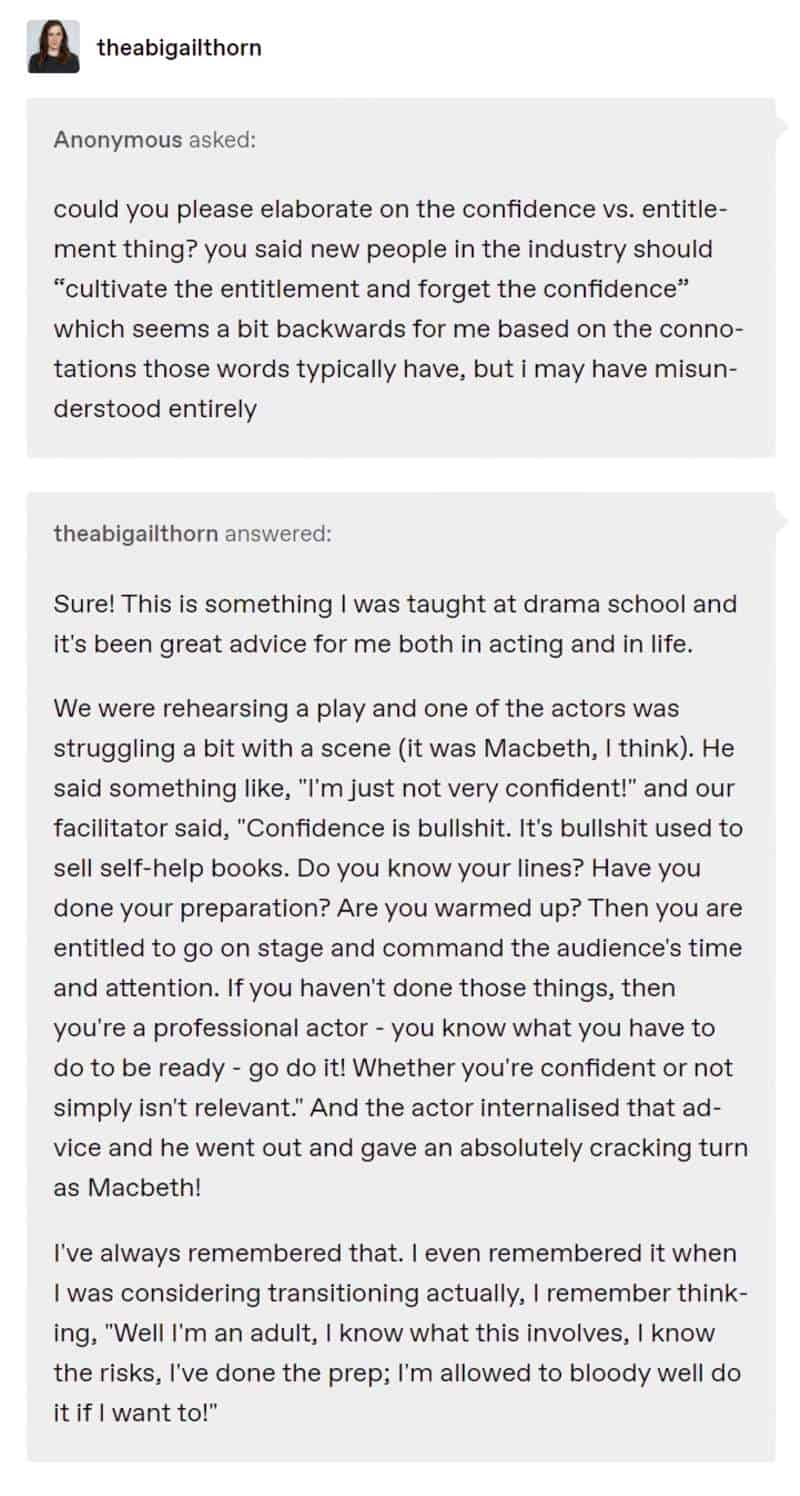Perfectionism can be a superpower but can hinder us in getting things done. Framing perfectionism as fear is one way to harness it.
THERE ARE MANY WAYS TO BE A GOOD PARENT
If you’re wondering how I managed to successfully purge myself of perfectionism, the answer is that I read two things. First, a research paper called Accounting for variability in mother-child play on how mother-child play is culturally and class specific, and actually undesirable.
I’ve stopped trying to be the perfect mum, and it’s a huge relief
Rhiannon Lucy Cosslett
REPLACE FEAR BASED TEACHING AND PARENTING
The use of fear to control children is so ubiquitous that most adults don’t even realise they are doing it. They’d never describe what they are doing that way. But in so many different ways, the children feel it. Here’s what it looks like.
It’s telling children that if they don’t work hard at school, they’ll be failures – sometimes not just at school, but for their whole lives. One boy told me his teacher said he’d end up under a bridge if he didn’t try harder.
It’s telling them that their parents will be sent to prison if they don’t attend school more often – surely one of the most terrifying things a child can hear. Not only fear of losing their parents, but guilt – it would be their fault.
It’s piling on the homework and then telling them they shouldn’t be struggling and if they think this is hard, wait until next year when it will be twice as tough. To a child who is already not managing, it seems like there’s no hope at all.
It’s telling those who struggle to attend school dire stories of those who stopped going to school and became addicted to drugs or involved in county lines – with the clear implication that this is what happens to those who aren’t at school every day.
It’s punishment systems which escalate quickly, and which involve shaming consequences like lunch in isolation, or having your name written on the board for all to see. It’s having no space for errors like forgetting your pen or having the wrong colour socks.
It’s behavioural systems where children are moved from the Sun to the clouds, or from green zone to red zone – in public. And some children are always in the clouds, or never make it to green zone. Everyone knows who they are.
Some children won’t notice the implied threat or feel the fear because for them it’s easy to comply. They fit in well with school requirements and so they never get near the darker side of these approaches. They stay in the Sun.
Others are more sensitive, and also more exposed to the threats because they are the ones who find things harder. They worry all night. They chew their sleeves to shreds. They obsessively check their bags for the right equipment. They can never relax.
Here’s the thing. You can’t tell by looking at a group of children who is going to worry or not. You can’t tell from their faces who is so worried about their lost pen that they are shaking in their shoes. They will hide it. You can’t predict the impact on each child.
But if you don’t even know that you are using fear, you won’t think to look. You won’t ask yourself, what emotions am I trying to generate here & what happens if some children are rather too responsive to my efforts? What happens to those who can’t comply as I want them to?
We all think we are trying to motivate children to work hard, try hard and behave themselves. To this end, some fear seems justified. Children want to feel less afraid, and so they comply in order to get away from the feelings. They believe us.
But fear is hard to titrate. Something that causes one person mild anxiety can cause another person intense stress. We can use fear to control, but we can’t control the fear we create. And if we are creating fear, why are we surprised when children are anxious?
What else is there? Catch yourself using fear & ask if it’s really necessary. Ask what the effect will be on the most anxious child in the class. Imagine what it’s like for the children on the flip side of these scenarios – the one who can’t attend, or who isn’t achieving
Put yourself in the black school shoes of the very unhappy child who’s been told unless they get back to school & work harder their life is over. They believe it. They think they will be lifelong failures & lose hope. Children trust us. Let’s stop using that to create fear.
Naomi Fisher, @naomicfisher
Students in high-achieving schools across America are facing increased rates of anxiety, depression, and self-harm due to intense pressure to succeed. This leads educators, parents, and community leaders to grapple with a difficult question: how can we encourage excellence while avoiding overwhelming our children? In this episode, co-host Emily Edlynn interviews award-winning reporter Jennifer B. Wallace about her book ‘Never Enough: When Achievement Culture Becomes Toxic-And What We Can Do About It‘. Jennifer draws importance to the framework of “mattering” as a healthy way to motivate success and shares key findings from her three-year investigation into the root of anxieties and fears parents have regarding their children’s success in today’s world. Additionally, she sheds light on the impact of economic scarcity and intensive parenting and offers practical strategies to combat a toxic achievement culture at home
Episode 324 of Psychologists Off The Clock: Toxic Achievement Culture with Jennifer Wallace
EMBRACE THE PERSIAN FLAW
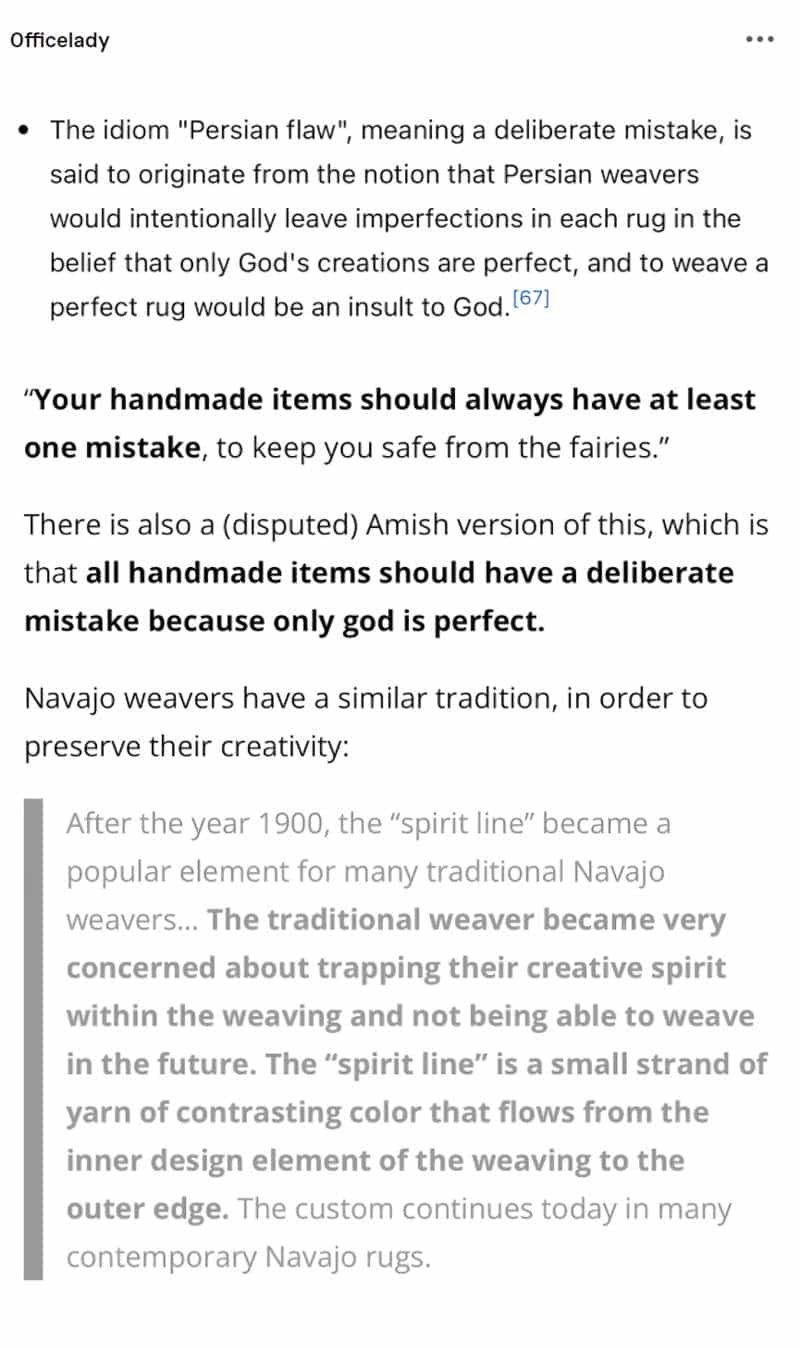
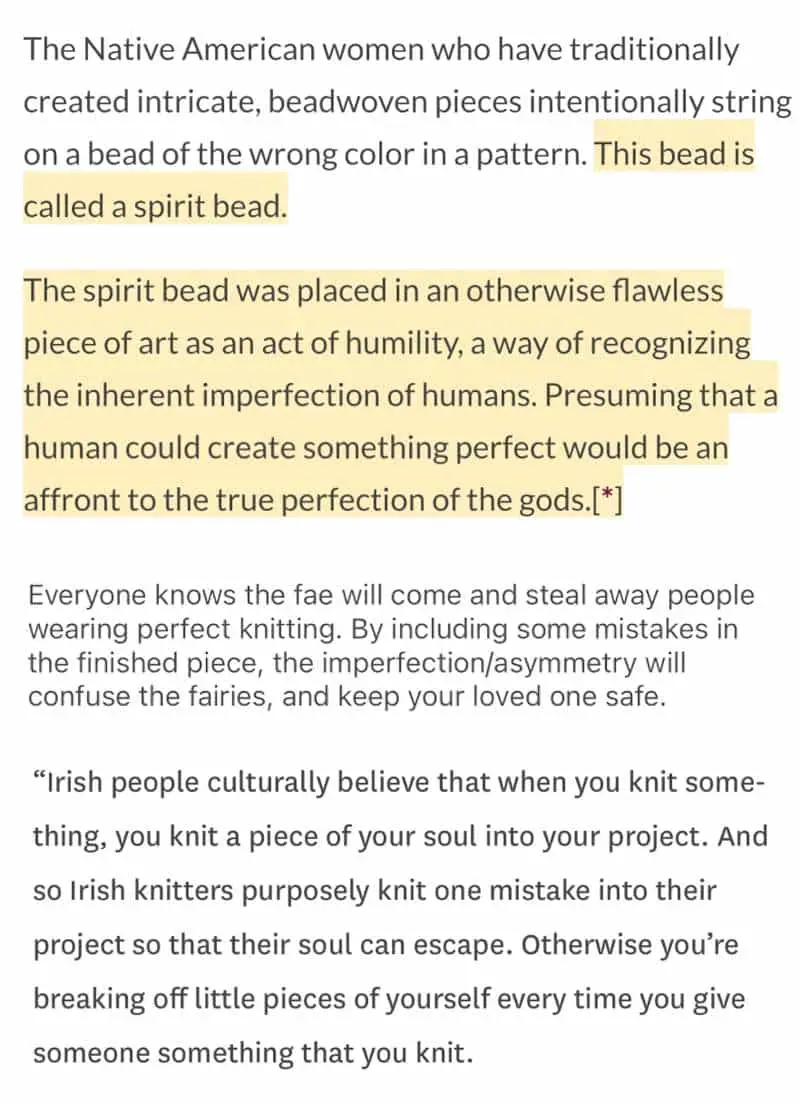
Done is better than perfect.
Reward yourself after completing challenges, even badly.
History remembers those who got to market first. Getting your creation out into the world is more important than getting it perfect.
Less Wrong
DONE IS BETTER THAN NONE: MAKING UGLY

ROAST THE VOICE IN YOUR HEAD
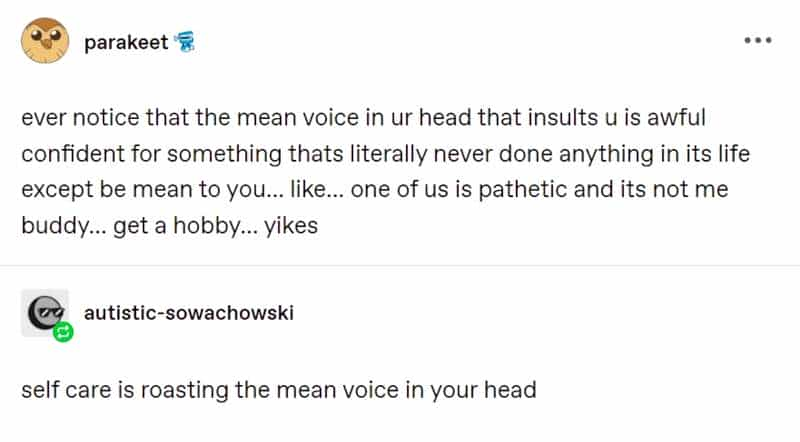
ACKNOWLEDGE ‘PERFORMANCE PUNISHMENT’ EXISTS
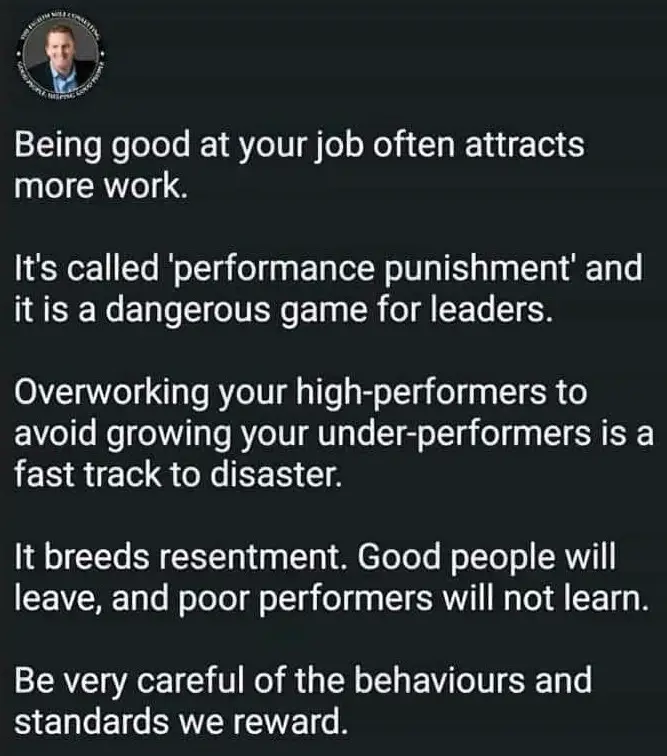
UNDERSTAND THE WORLD WOULD IMPROVE IF WE ALL DID LESS, NOT MORE
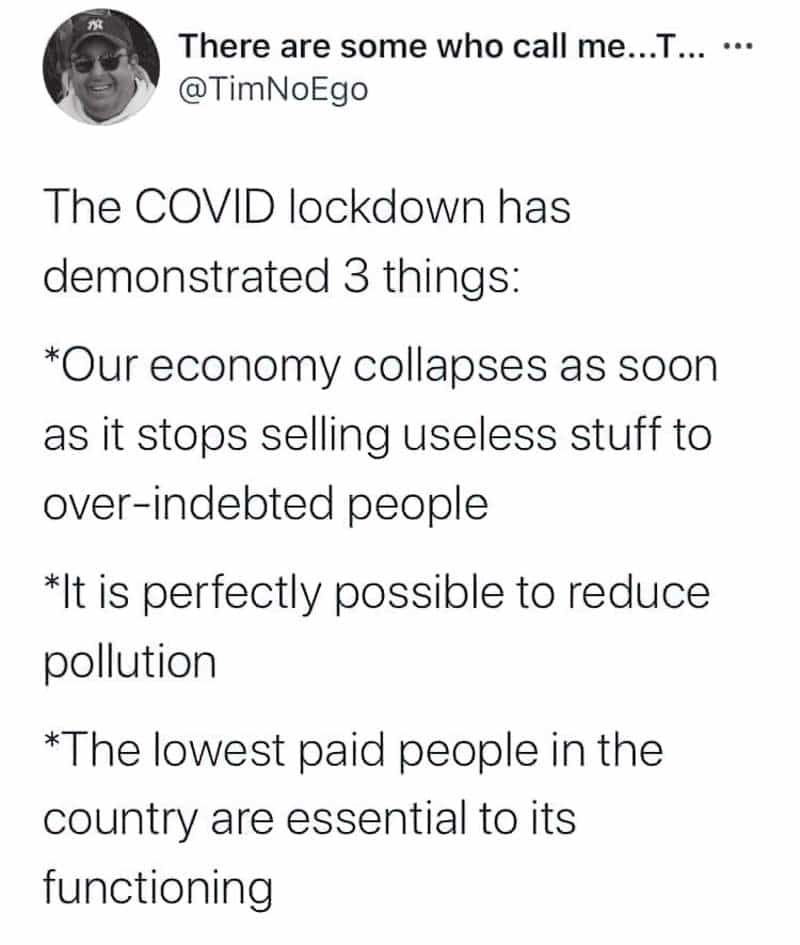
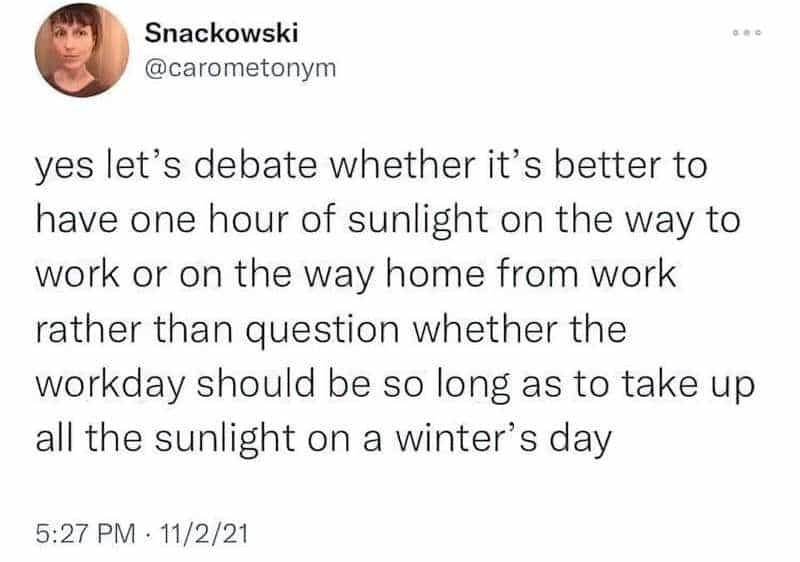
READ SOME LITERATURE ABOUT PERFECTIONISTS AND PERFECTIONISM
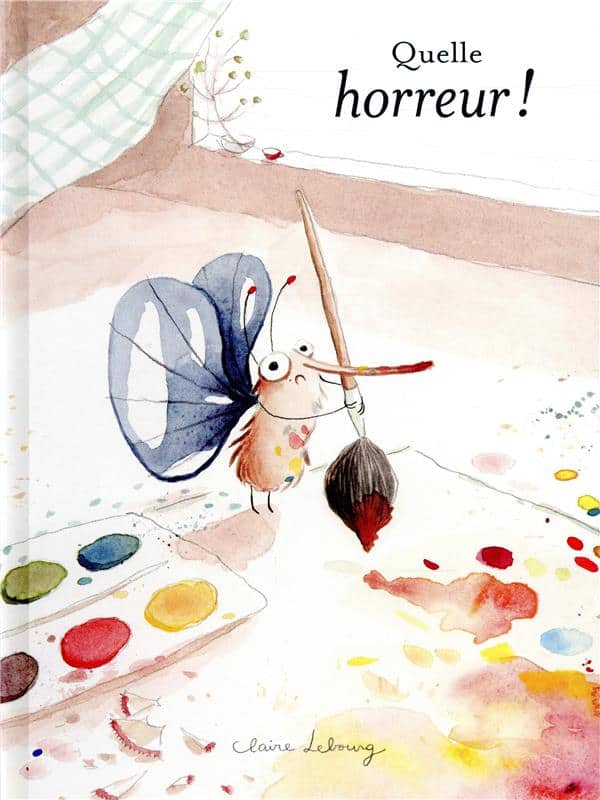
What is a work of art, a beautiful drawing, a successful painting? Opinions are divided. For Paty, who prepared his exhibition at the last minute by asking his friends to pose, it’s horrible. None are alike, they all leave angry, screaming! She wants to cancel everything. Fortunately, Michou the gallery owner forbids him to do so. Because on the opening day, Paty will have a surprise…
CONFIDENCE VS. ENTITLEMENT
